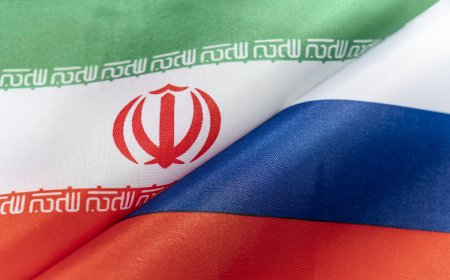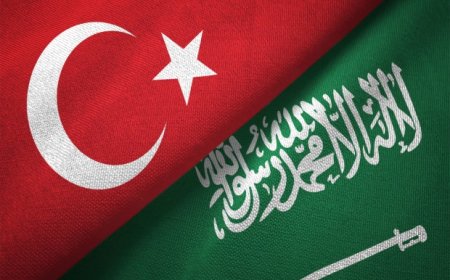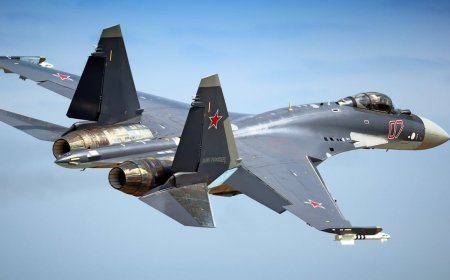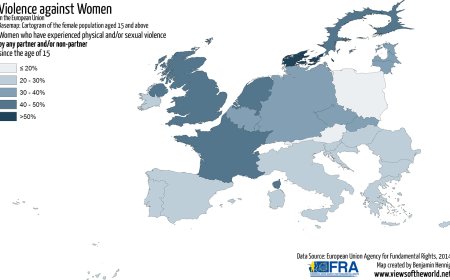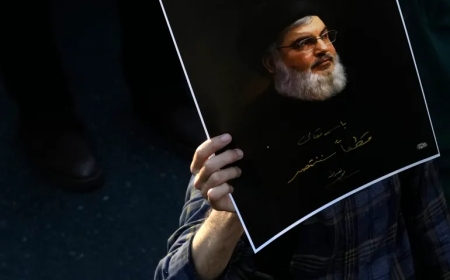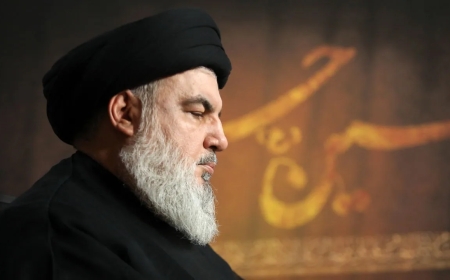Hamas Declares Israeli Military Plan for Prisoner Release a Failure Amid Rising Tensions
Recent developments in the Israeli-Palestinian conflict have intensified as Hamas officials assert that Israel’s military strategy to secure the release of prisoners has failed. The ongoing crisis, characterized by a severe humanitarian toll and public unrest, has drawn sharp criticism from both sides.
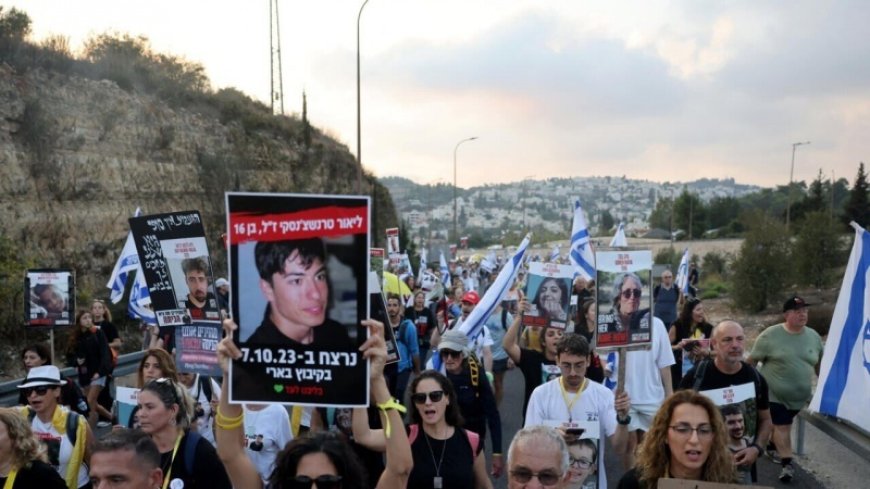
Recent developments in the Israeli-Palestinian conflict have intensified as Hamas officials assert that Israel’s military strategy to secure the release of prisoners has failed. The ongoing crisis, characterized by a severe humanitarian toll and public unrest, has drawn sharp criticism from both sides.
Mahmoud Mardawi, a senior Hamas leader, emphasized in an interview with Al Jazeera that the release of Israeli prisoners will only occur through a formal prisoner exchange agreement. This statement reflects the broader stance of Hamas, which demands a negotiated settlement rather than a military solution.
Abu Obeida, spokesman for Hamas’s military wing, the Ezzeddin al-Qassam Brigades, reinforced this position, indicating that the resistance’s demands for the release of prisoners extend to all captured individuals, not just a select few.
Testimonies and Appeals from Captive Israelis
Reports from Al-Mayadeen reveal that Alexander Lobnov, an Israeli prisoner recently killed in Gaza, had expressed his desperation and the frequent attempts by his captors to move him to safety. His last words reportedly criticized the Israeli government’s approach to prisoner exchanges, accusing it of prioritizing military objectives over their safe return.
Additionally, a video message from Aidan Yerushalmi, a female prisoner who was also killed, pleaded with Israeli Prime Minister Benjamin Netanyahu to honor promises made regarding a ceasefire and prisoner exchange. Yerushalmi highlighted what she viewed as fair conditions proposed by Hamas, contrasting them with a previous high-profile exchange involving soldier Gilad Shalit.
Domestic Reactions in Israel
The failure to secure a satisfactory prisoner exchange deal has sparked significant unrest within Israel. Thousands of Israelis have protested near the Ministry of Defense and the residences of various ministers, demanding action from Netanyahu’s government. Demonstrators have highlighted the plight of the six Israeli prisoners killed in Gaza and voiced strong criticisms of Netanyahu’s handling of the situation.
Israeli President Yitzhak Herzog, during a recent funeral ceremony for one of the prisoners, issued a public apology for the inability to secure the safe return of captives. Herzog stressed the urgent need to address the issue and bring prisoners back to Israel.
Allegations of Torture and Humanitarian Concerns
In light of the conflict, reports have surfaced regarding the treatment of Palestinian prisoners. Haaretz has reported instances of torture and abuse at the Magdo prison, citing images and testimonies from Palestinian detainees. These reports have further fueled criticism of Israeli policies and military actions.
Ongoing Conflict and Broader Impact
The situation remains dire as the conflict, which began in earnest on October 7, 2023, continues with significant casualties. More than 40,000 Palestinians have been reported killed, and over 94,000 injured due to Israeli military operations in Gaza and the West Bank. Despite international support, the Israeli regime has yet to achieve its stated objectives, and criticisms of its approach continue to mount.
The ongoing violence and the failure to reach a satisfactory resolution for prisoner exchanges underscore the deep-seated issues within the Israeli-Palestinian conflict and the challenges faced by both sides in achieving lasting peace.




